CAPTURE THE AUTUMN I PLASTER
Nature inspires us as it has with many who lived before us. Many craft-techniques derive from various forest materials. Some of these techniques are complicated and demand time and practise. We would also like to provide ideas to simpler projects. Here is an idea about what you can make from stuff you carry back with you from nature..
HERE IS AN IDEA ABOUT WHAT YOU MAY DO WITH LEEFS
20.10.2014 / Words: Heidi Bjørnsdotter Thorvik / Photo: Heidi Bjørnsdotter Thorvik
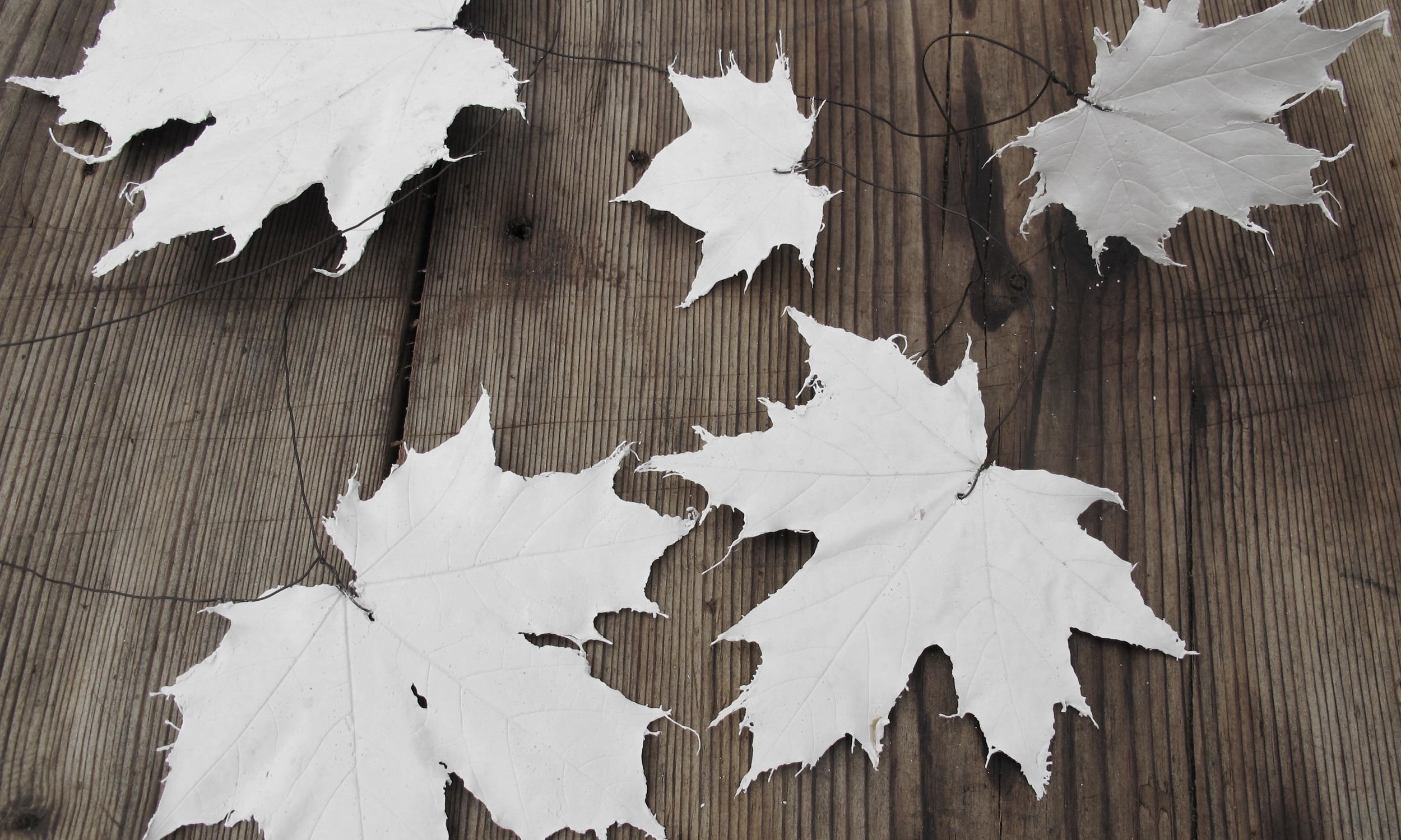
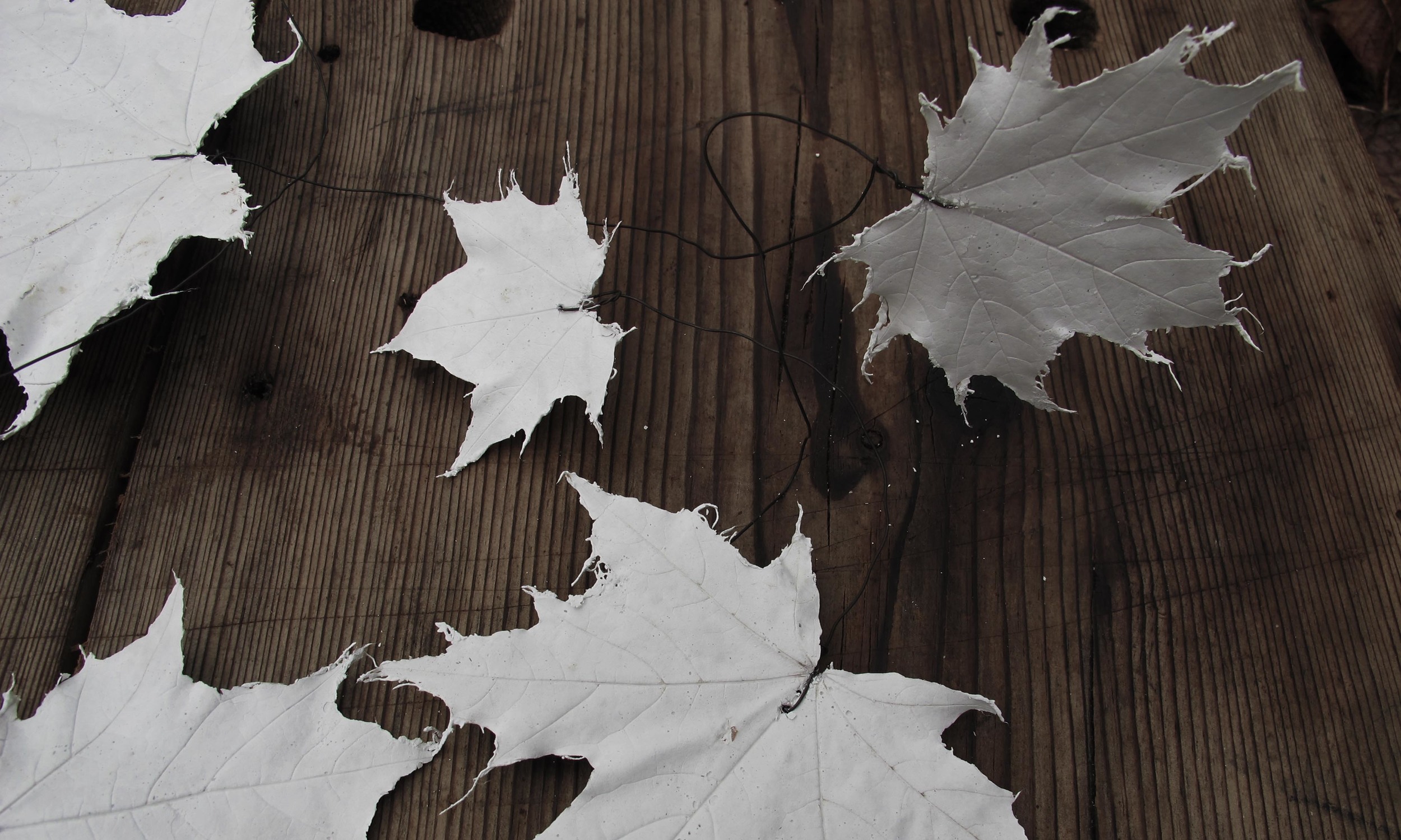
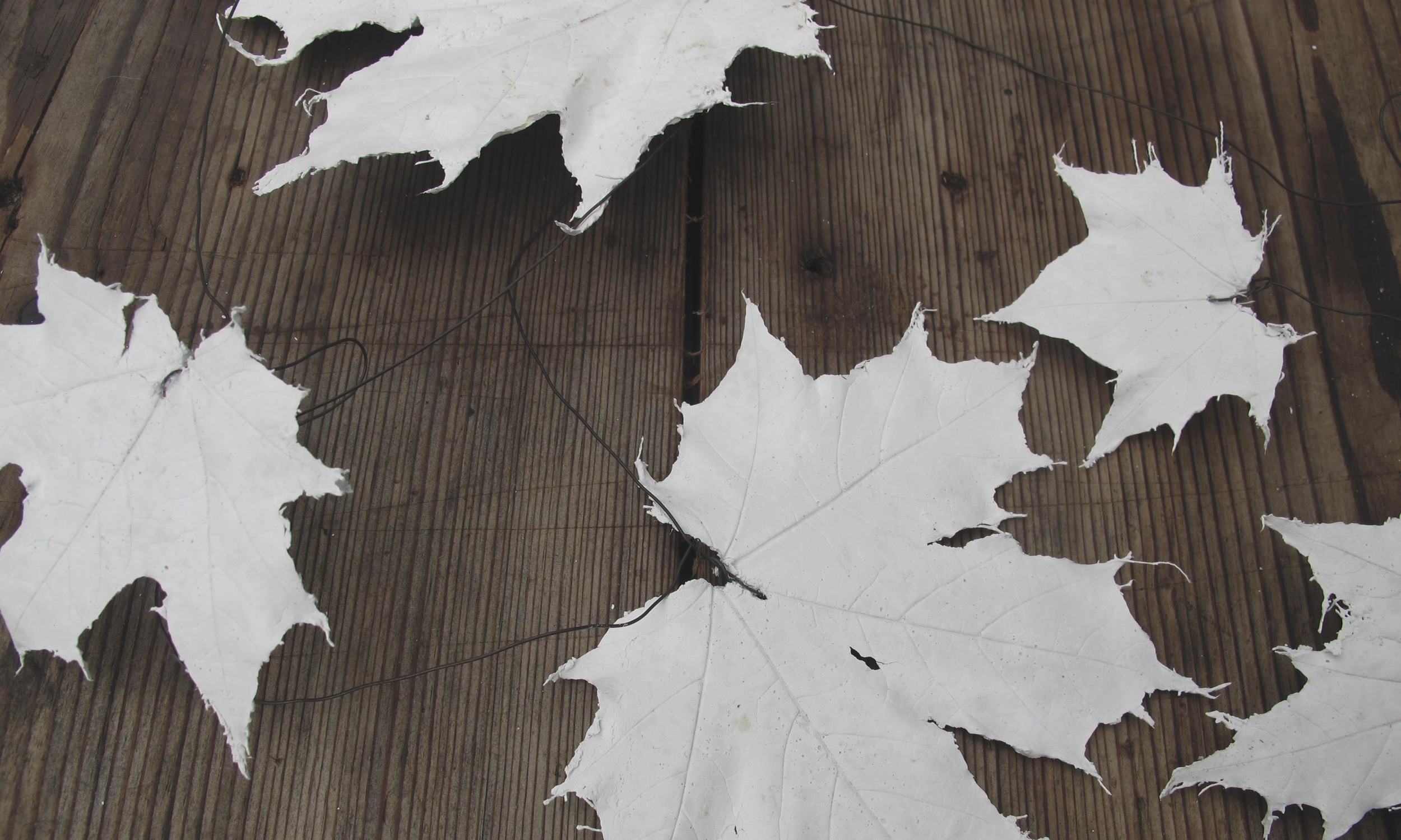
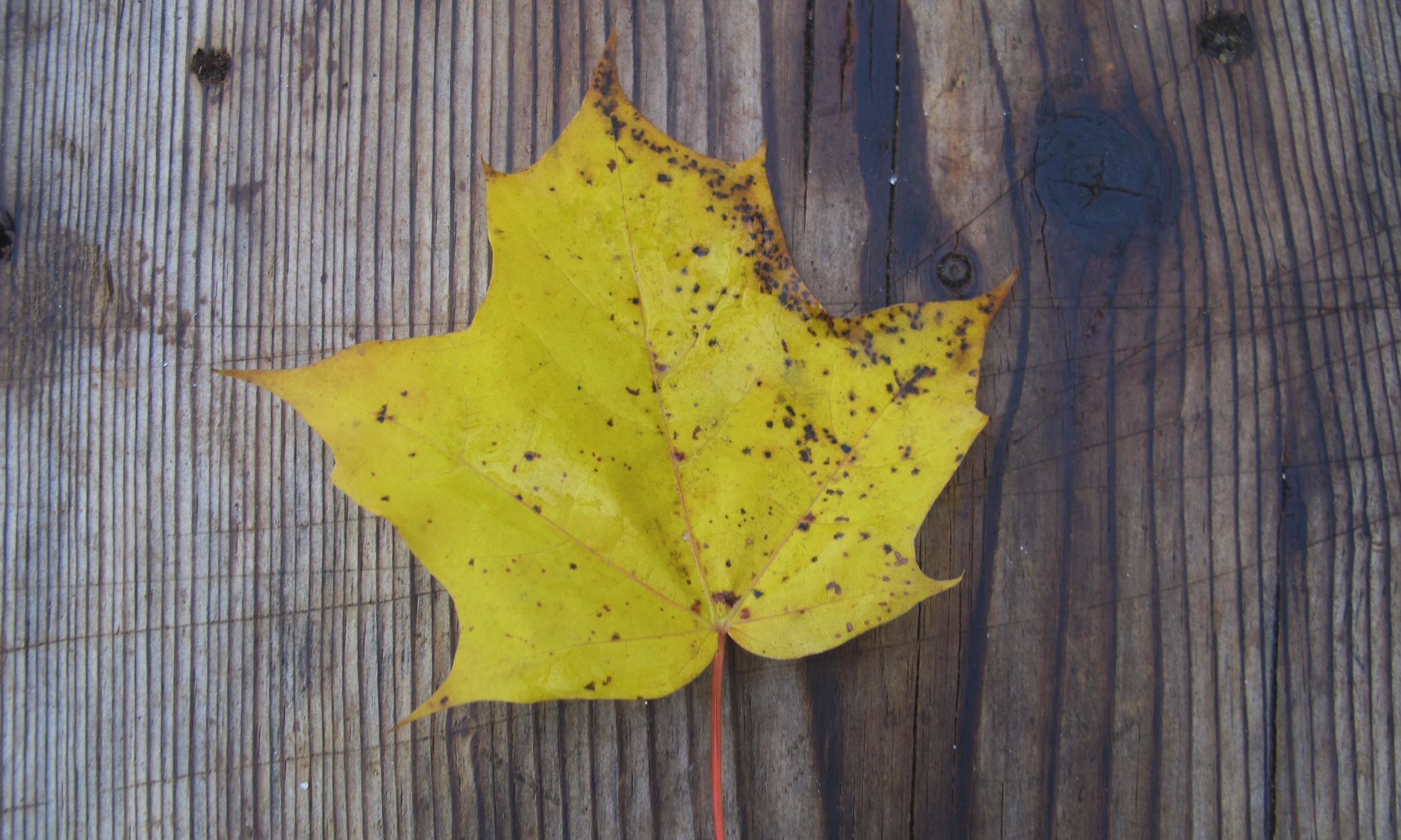
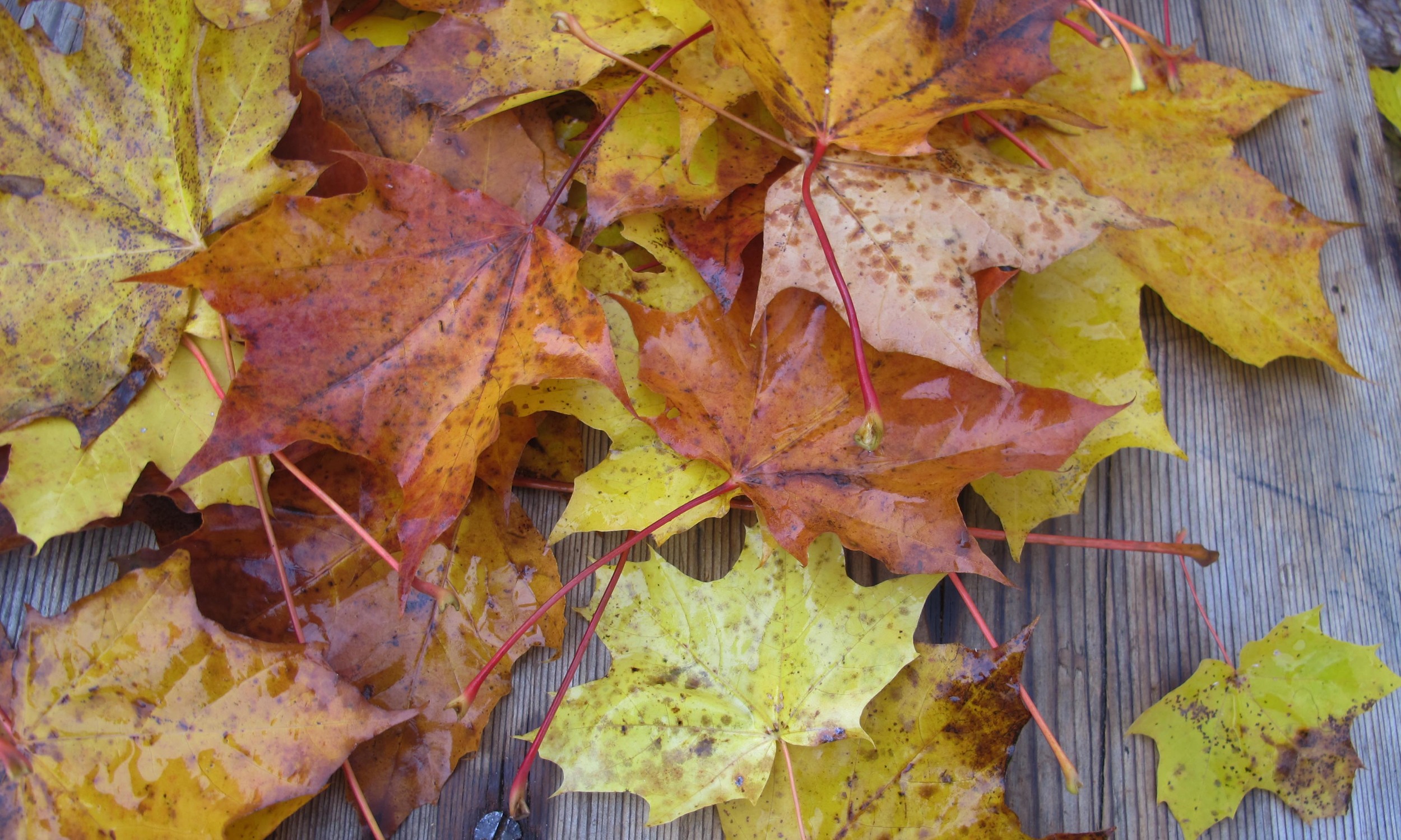
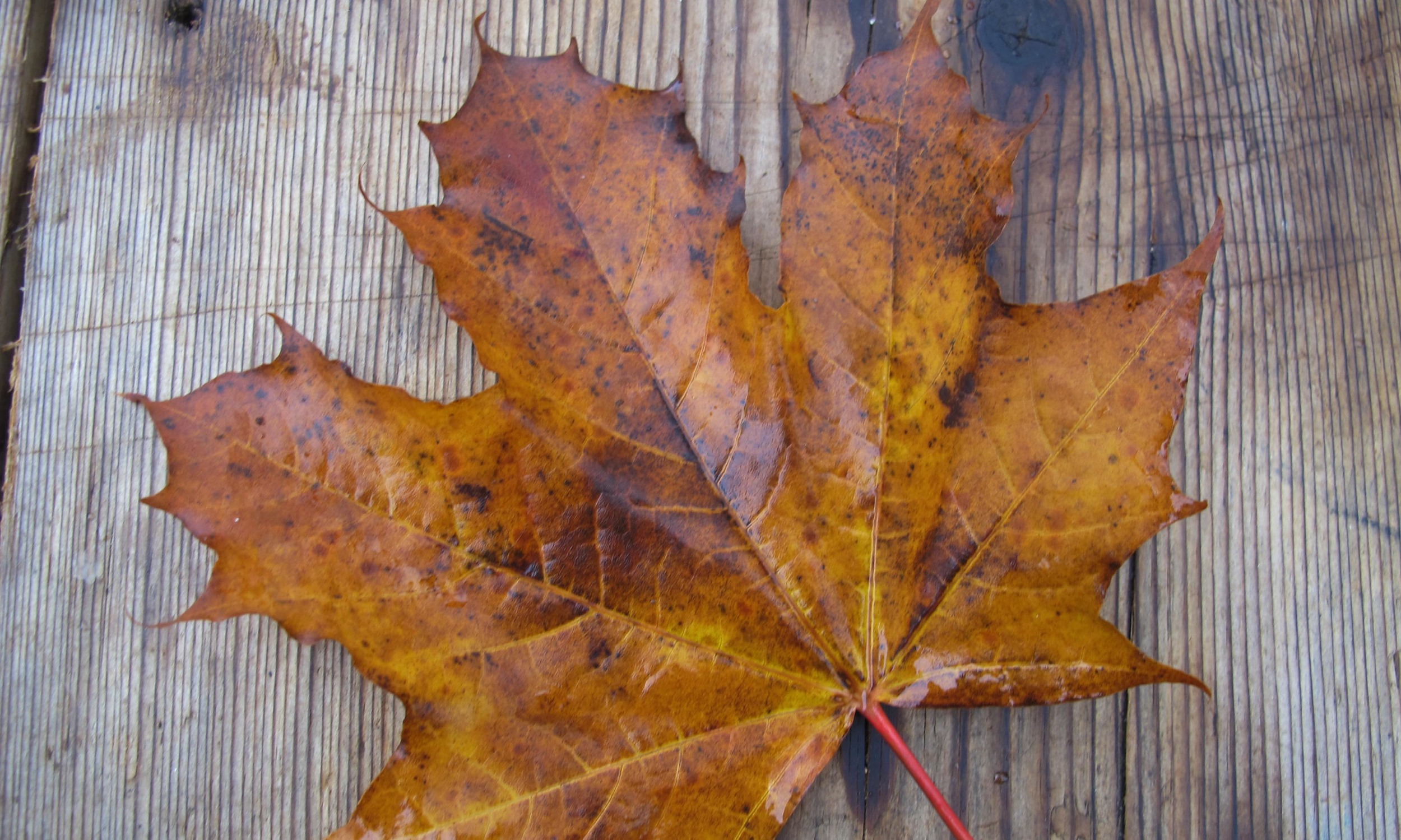
Nature inspires us as it has with many who lived before us. Many craft-techniques derive from various forest materials. Some of these techniques are complicated and demand time and practise. We would also like to provide ideas to simpler projects. In “SEIG”, you will find ideas about what you can make from stuff you carry back with you from nature.
Here we will start an autumn project. We consider ourselves lucky to live with seasons and all their variations. Autumn is the favourite season. Sharp air, the colours, wrapping yourself with woollen sweaters, pulling the hat well down below the ears, feeling a bit cold and then light up the fireplace. Nothing can be compared with a lazy walk in an ocean of colourful leafs. During autumn it is time for us to restock needed materials: Twigs, cones, moss, roots, chestnuts, seedpods and rowan berries. You need to finish before the first snowfall!
The only thing you need is a pile of autumn leafs, a role of plaster, scissors that you no longer care for, a bowl of lukewarm water and eventually a wire for mounting. Cover a table with paper and you have gotten a head start! (If you want a white and clean result, do not use newspapers or other types of paper that loose colour).
Cut the plaster into many small pieces and pointy triangles. The triangles may be added to the leaf edges. Dip the pieces in water, add them on top of a leaf and smoothen it out until the surface is even. You get the best result by using the rear side of the leaf because of its nerve fibres. Cover the whole leaf with a thin layer of plaster. Do not worry if the edges become a bit “hairy” – it gives the plaster leaf a genuine look. Let the plaster dry and continue by removing the leaf by pulling it carefully. If you want to mount them on a wire, like I have done, you need to pierce the leaf with a sharp needle.
We think it is beautiful. The simple way of doing things is usually the best.


